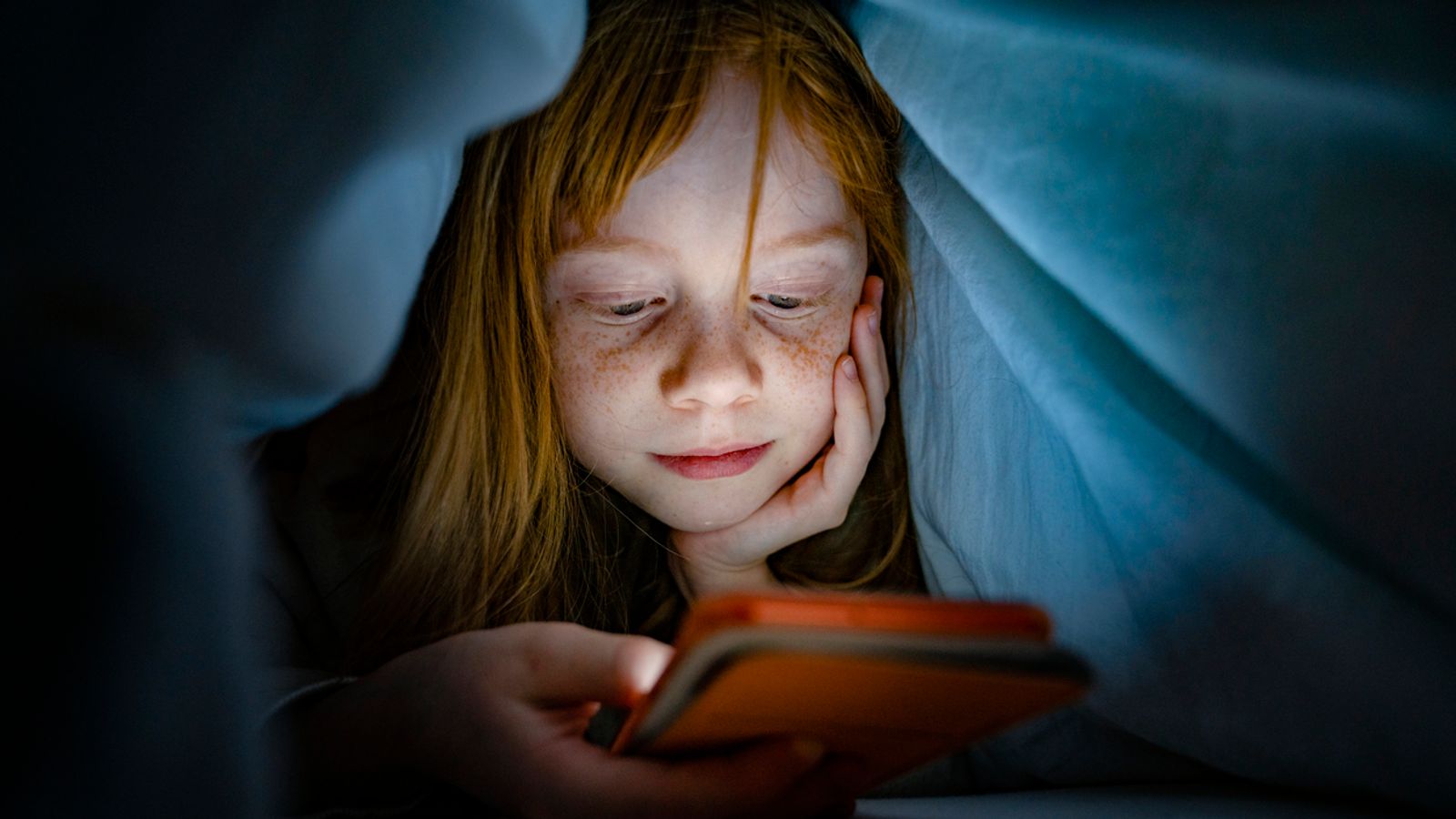'Split-screening' and other phone habits reveal how children are watching even more videos
An annual report by media regulator Ofcom looks at how children are engaging with online and social media videos. The research suggests some are becoming increasingly conscious about just how much time they spend on these platforms.

Increasing numbers of children are "split-screening" so that they can watch multiple social media videos at a time, new research suggests.
Not content with their endless feeds of single attention-sapping clips on apps like TikTok and Instagram, many youngsters are now dividing their smartphone screens to see two or more simultaneously.
Some even stack videos on top of one another, according to Ofcom's report into children's relationship with media.
In some cases, the clips they watch simultaneously do not even have an obvious connection.
The regulator said the habit appears to be an evolution of "multi-screening" behaviour seen in its previous research, where children reported difficulties in focusing on one screen-based activity at a time.
Ofcom's report found that 96% of children aged three to 17 watch online videos.
More than half (58%) watch livestreamed content, rising to 80% among 16 and 17-year-olds.
Both apps have introduced features to restrict how much children use the apps in the face of concerns about the impact excessive social media can have, with Snapchat giving parents access to their accounts.
TikTok has also been keen to promote its safety features, such as screen time limits, as it faces growing scrutiny across the Western world over data and privacy fears.
Ofcom said the most popular videos with children are engineered to grab attention with minimal effort, such as those which promise "commentary" or "reaction" to other content.
Less than a third of children post their own videos online, though, according to the report.
As social media content becomes increasingly well produced, with influencers kitting out their home studios with expensive equipment and software, youngsters are becoming more self-conscious about their online image.
Previous research has warned that children were over-dependent on "likes" to boost self-esteem.
But older teenagers and young adults are starting to take more notice of how much time they spend online.
Just over half of users aged 16 to 24 thought they spent too much time on social media, up from 42% in 2021.
They were also more likely to take deliberate breaks from certain apps or delete them altogether, Ofcom said.
The report comes as the government's divisive Online Safety Bill makes its way through Westminster.
The wide-ranging legislation would give Ofcom the power to regulate internet content to keep people safe, including making companies liable for the content on their platforms.
-sky news







